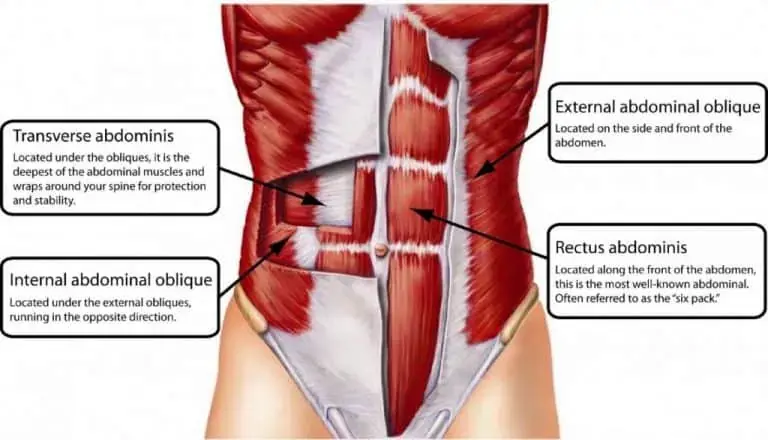How will having a child affect my voice?
- Madison Smith

- Dec 27, 2023
- 3 min read

Lets start with "Will having a child affect my voice?"
Absolutely! But not how you’re thinking…
Most singers get really hung up on the idea that vocal changes will ruin their careers, but I think we need a little more context for ourselves.
There’s this idea that hormones will negatively impact our voices and this is a dialogue that I really want to move away from for a number of reasons:
Hormonal changes are basically the same across menstruation, pregnancy/postpartum, and peri/menopause - the average vocal change is 14hz o any hormonally driven changes to the voice itself will be within the range of what you experience in a normal menstrual cycle.
Your instrument is your whole body! When you get hyper-focused on two tiny pieces of tissue in our throat you miss out on the bigger picture.
Your whole body changes during pregnancy and postpartum. Ligaments lengthen, muscles stretch, your concept of self shifts entirely with that - so the more inclusive you can be of your whole body system the more information you can utilize to help get back to singing.
Your brain changes! This one is so glaringly over-looked and, to me, is the most important factor of navigating changes as a singer. When your brain changes, your whole interoceptive and proprioceptive system goes with it so you need a solid understanding of how our brain changes affect and effect the physical changes you experience.
[I’m also drafting a post specifically about hormones so stay tuned!]
Having been through the gauntlet myself and having had time to dig into recent research on what’s happening throughout our system, I fully believe that the changes you experience during pregnancy and postpartum can actually make you a better singer IF you know how to leverage them.
A lot of singers focus on getting back to how they used to sing, but with so many physical and perceptual changes inside your body, it’s very hard to go back to the sensations and pathways that were familiar to you before pregnancy.
Your brain doesn’t like change, so all the things that have changed (which is pretty much everything) means you have to build in new “muscle memory” or myelination for a lot of the systems you use in singing. The fortunate thing for us is that our neuroplasticity is higher during postpartum so we can actually learn new things faster. This means that we can utilize this time to actually become better singers, faster!
With precise understanding of what is actually changing in your body and how to speed up your fluency with these areas you can completely transform your singing and performing experience.
Your body awareness is heightened, your empathy deepens, your sense of self expands beyond anything you experienced pre-pregnancy and these are crucial tools that can level up your WHOLE performance experience.
I’m working on launching a course for pregnant singers to explain what these changes are and how to utilize them to your advantage.
Understand what’s happening to your singing instrument during pregnancy.
Get prepared for labor and delivery to protect your instrument.
Explore key areas for signers that experience the most change during pregnancy and postpartum
Learn practical exercises for returning to singing in the postpartum period.
Build a framework for exploring the singer you will become.
And take the worry out of what may or may not happen to your voice by focusing on what support is available if/when you need it.
Parenthood is hard enough, let’s make your return to singing as easy and smooth as possible!🙌🏻
I’m running a beta version of this course in Jan 2024 - reach out if you want in!



Comments